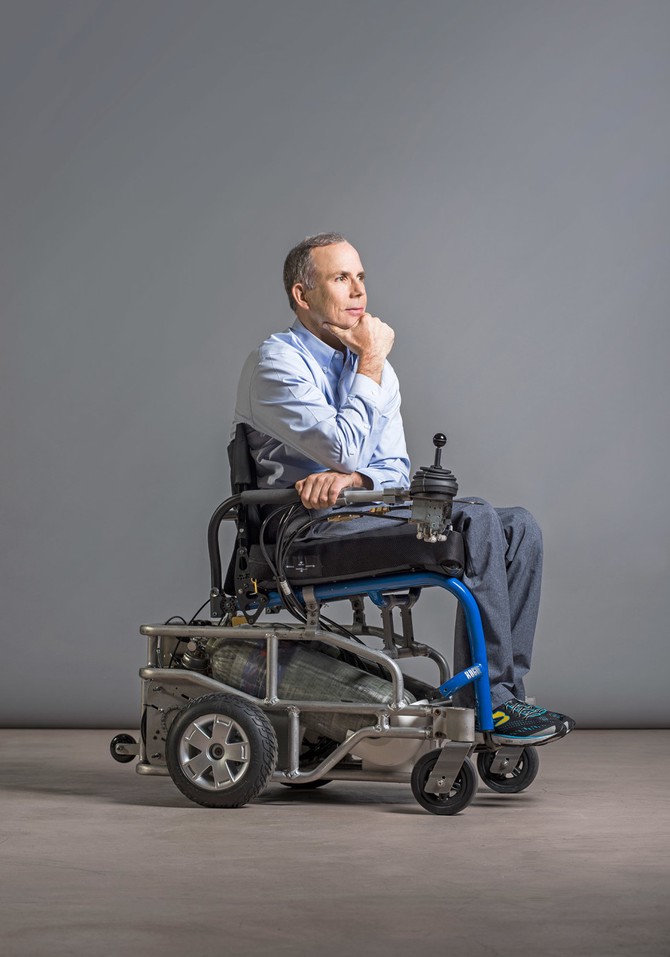11 Everyday Heroes Who Bring Healthcare to Those in Need
From an intrepid oncologist to a tween activist to a journalist turned patient advocate, this year's superstars have one thing in common: a need to help others.
Rory Cooper, PhD
The Independence Engineer
Rory Cooper was a 20-year-old U.S. Army sergeant stationed in Germany when a biking accident left him paralyzed from the waist down. One unexpected result of his injury: learning firsthand the importance of good mechanical design. "My first wheelchair was an 80-pound chrome and steel behemoth that was hard to maneuver around my college campus," Cooper says, noting the irony that a device meant to restore some of his mobility often prevented him from getting places.
Now 58, Cooper has made a career designing user-friendly devices for people with physical limitations. He's developed lighter-weight manual wheelchairs that are less burdensome to steer, a chair that can be submerged in water (and has been used at an amusement park that caters to children with mobility issues), and a power wheelchair that gracefully negotiates curbs. In 1994, Cooper became the founding director of Human Engineering Research Laboratories, part of the University of Pittsburgh and the Department of Veterans Affairs, where he oversees nearly 100 engineers, physicians, therapists, and students, many of whom have limited mobility themselves.
One of Cooper's latest projects, a collaboration with Connecticut-based healthcare equipment maker Next Health, is a revolutionary transfer-and-mobility system that allows a person to move herself from wheelchair to bed and back again—no need for a team of caregivers to hoist her or laboriously operate a mechanical lift. For those who are elderly, paralyzed, or injured, or who have a degenerative illness, it can mean the difference between having to live in an assisted-care facility and being able to remain at home or with family. Like all of Cooper's work, it was designed with independence and dignity in mind.
—Rachel Rabkin Peachman
From the January 2018 issue of O, The Oprah Magazine


